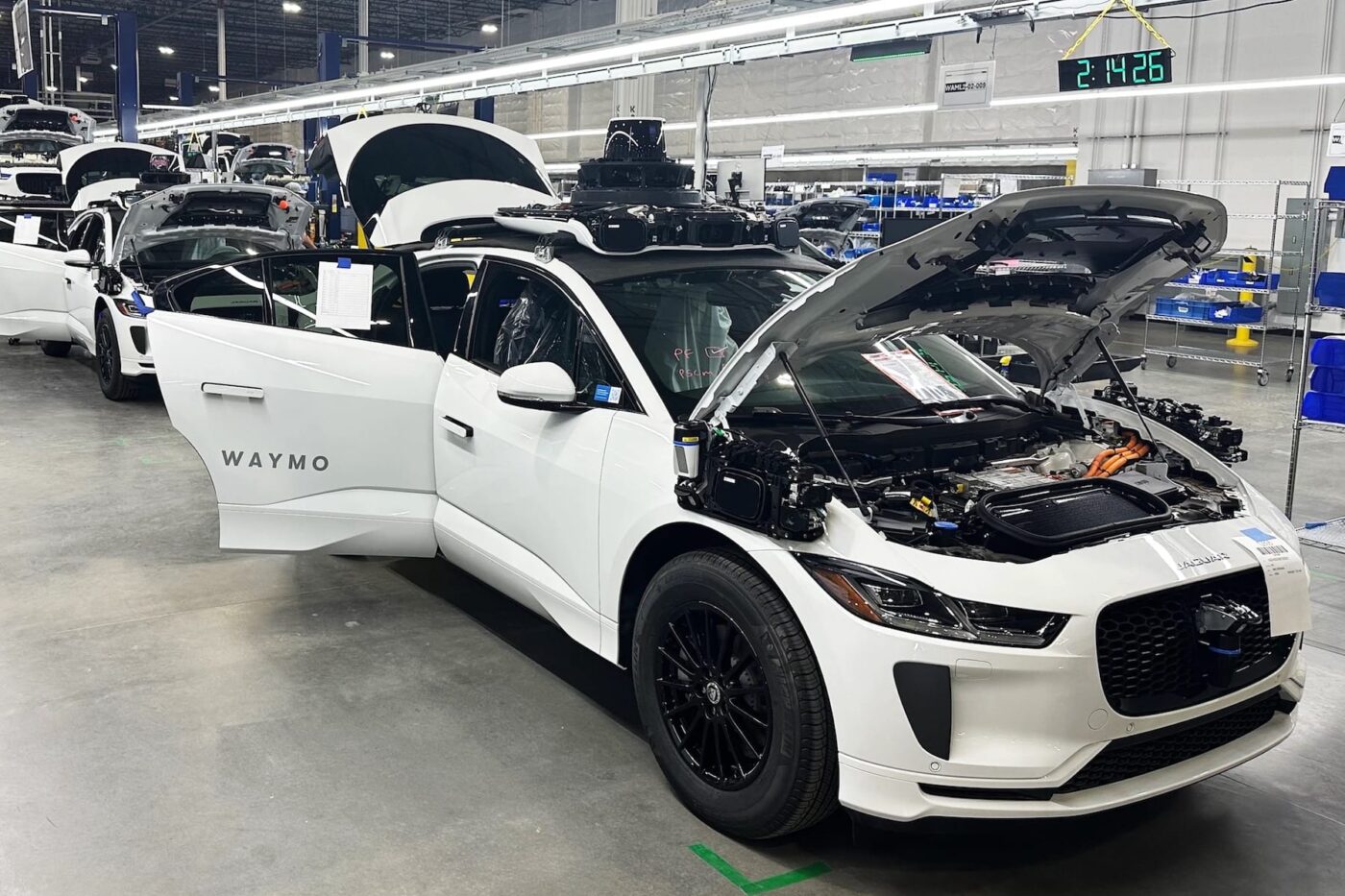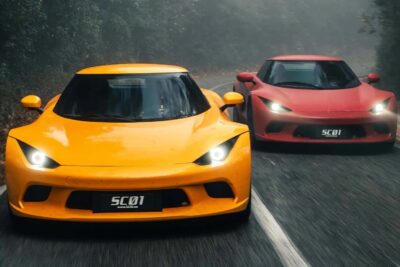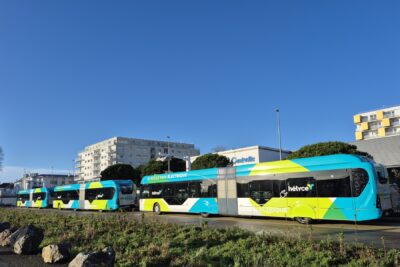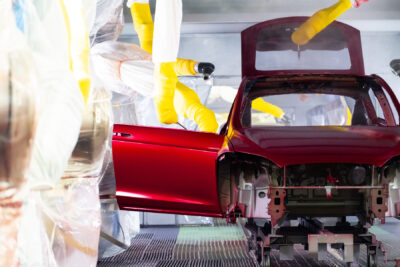Waymo & Magna open robotaxi conversion factory in Arizona
The robotaxi service from Google’s sister company Waymo is known to be expanding and already handles more than 250,000 paid journeys per week in Phoenix, San Francisco, Los Angeles and Austin. There are currently 1,500 vehicles of the all-electric Jaguar I-Pace model in use, which Waymo has expanded to include Level 4 autonomous driving functions.
At the same time, Waymo is preparing to launch its autonomous taxi service in Atlanta, Austin and Washington, D.C. in 2026. Of course, this will require a lot of new cars – and so far, at least, the manufacturers are not equipping them directly with Waymo’s hardware and software, but Waymo has to retrofit the vehicles accordingly.
Waymo has been partnering with the Canadian-Austrian supplier and contract manufacturer Magna for this conversion since 2019. Until now, the Jaguar I-Pace model vehicles and previously the Chrysler Pacific were turned into robotaxis in a small production facility in Detroit using a lot of manual labour. From now on, this will be done on a much larger scale in the city of Mesa, just outside the metropolis of Phoenix, where Waymo is already active with its robotaxis.
In the new factory in Mesa, which covers 22,000 square metres and employs several hundred people, thousands of regular electric cars are to be upgraded to robotaxis. Initially, 2,000 units of the Jaguar I-Pace are to be turned into robotaxis, which Waymo had secured before production was discontinued at the end of 2024. As the I-Pace was previously built at Magna Steyr in Graz, so Magna is very familiar with the vehicle and seems like the perfect partner for the conversion. The Zeekr RT electric minivan from the Chinese Geely Group, which has already been announced as a new member of the fleet, is also to be made fit for robotaxi operation at the plant. This should also enable Waymo to circumvent the US ban on imports of connected driving technology from China, which is still being imposed by the Biden administration.
At the plant, the vehicles are manufactured on a single production line using Waymo’s proprietary computers, cameras, radar and laser lidar sensors. However, the plan is to dramatically increase the pace and automate production to keep up with growth plans, Kent Yiu told Forbes. He is Waymo’s head of vehicle production and previously managed production operations for Apple and General Motors. “We looked at our five-year projection and said, ‘Okay, to meet that, this facility will certainly need to be capable of doing tens of thousands per year,'” Yiu told Forbes. “We have the capability, the capacity here to support that growth.”
If Waymo can indeed scale quickly and eventually manage to prepare 10,000 robotaxis per year in the new factory in Mesa, sales could increase many times over. Forbes estimates an annual turnover of 100 million dollars for the past year. With a perspective of 1.5 million journeys per week instead of the current 250,000 journeys per week, Forbes calculates that an annual turnover of 2 billion dollars could be possible.





0 Comments